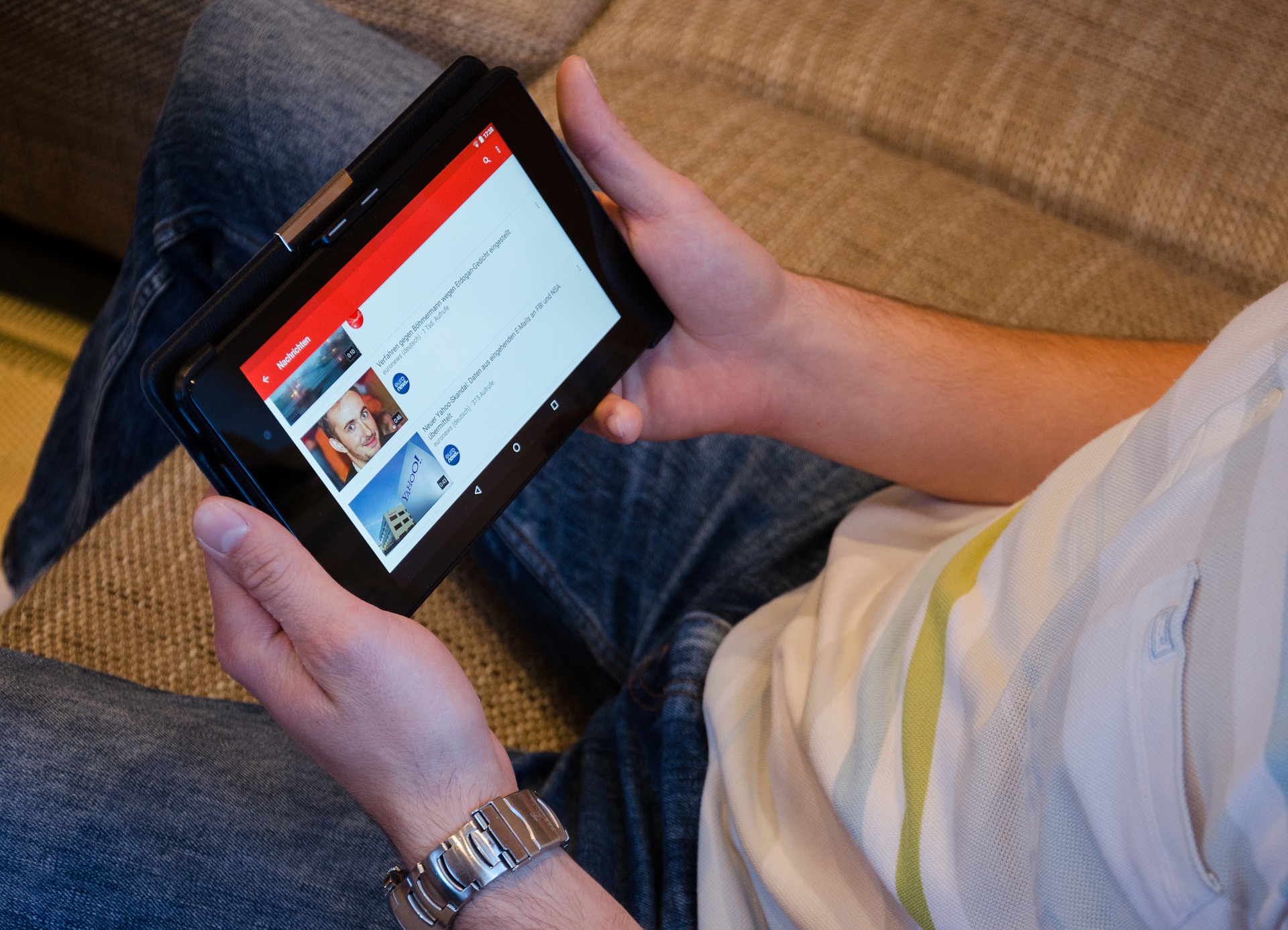 While EU Member States are implementing the newly introduced press publishers’ right into their national laws, Australia is about to introduce its own version of the right. On 31 July 2020, the Australian government announced the Treasury Laws Amendment (News Media and Digital Platforms Mandatory Bargaining Code) Bill 2020 (draft News Media Bargaining Code). While the code has fairly similar goals to the EU press publishers’ right, it has taken quite a different shape, and it is interesting to see whether it will be successful in practice
While EU Member States are implementing the newly introduced press publishers’ right into their national laws, Australia is about to introduce its own version of the right. On 31 July 2020, the Australian government announced the Treasury Laws Amendment (News Media and Digital Platforms Mandatory Bargaining Code) Bill 2020 (draft News Media Bargaining Code). While the code has fairly similar goals to the EU press publishers’ right, it has taken quite a different shape, and it is interesting to see whether it will be successful in practice
The proposed Code
As suggested by the Australian Government, the aim of the proposed News Media Bargaining Code is to address bargaining power imbalances between Australian news media businesses and digital platforms, specifically Google and Facebook. The draft code, as it currently stands, requires Google and Facebook to negotiate with news media businesses in good faith on all issues relevant to news on digital platform services, including payment for the inclusion of news on their services. The code also includes a set of ‘minimum standards’ for providing advance notice of changes to algorithmic ranking and presentation of news; appropriately recognizing original news content; and providing information about how and when Google and Facebook make available user data collected through users’ interactions with news content.
The code is supposed to work in the following way: news media organisations have a right to notify Google and Facebook of their intention to begin bargaining over content payments, as well as any other issues they want to negotiate. The parties have three months to reach an agreement. If no agreement is reached, an independent arbitration process occurs, resulting in a binding agreement within 45 days based on whichever offer is deemed most reasonable. If Google or Facebook does not comply with this binding agreement, a penalty of up to 10% of their annual revenue for Australia can be awarded.
How does it differ from the European press publishers’ right?
The proposed Code is quite different from the European press publishers’ right. First, instead of proposing an additional exclusive right under copyright law, the Australian government chose competition law as a venue to address problems that press publishers (or ‘news media’ as they are called in Australia) face with digital platforms. This is quite a progressive approach keeping in mind the difficulties that European press publishers in Germany, Spain and France face in enforcing the new exclusive right, and the recent French success in relying on competition law to force Google to start negotiations with press publishers (here). Second, the code contains safeguards – such as a non-discrimination clause – that are intended to ensure that Australian press publishers are not delisted from Google or Facebook services, which did happen (or was about to happen) to European publishers in some EU Member States (Germany, Spain, France) after the press publishers’ right was introduced. Third, the Australian code goes beyond a mere request for compensation and tries to address some of the other concerns raised by publishers, such as algorithmic changes and access to consumer data.
Could the Australian Code be a success story?
The Code has been strongly opposed by Google and Facebook, with Google arguing that this legislation will lead to ‘dramatically worse Google Search and YouTube’ and Facebook threatening to block Australian users from sharing news on Facebook and Instagram platforms if the Code becomes law. Despite this, it looks like Australian press publishers are in a stronger position to start negotiations with Google than European publishers were when they pioneered the fight with Google a few years ago. In particular, the recent French publishers’ breakthrough in negotiations with Google mentioned above could become an international precedent. This precedent, together with the News Media Bargaining Code which will hopefully become law sooner rather than later, might actually force Google and Facebook to start constructive negotiations with Australian press publishers, with positive outcomes emerging, if not immediately, than in the medium term.
________________________
To make sure you do not miss out on regular updates from the Kluwer Copyright Blog, please subscribe here.


